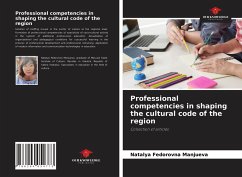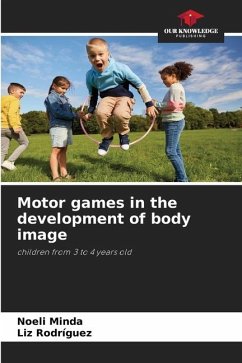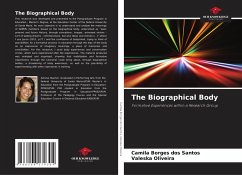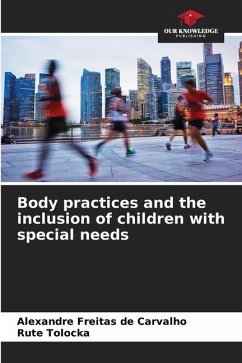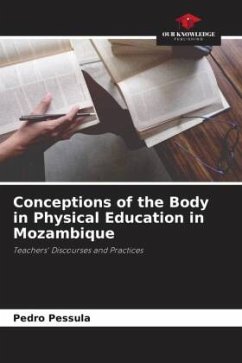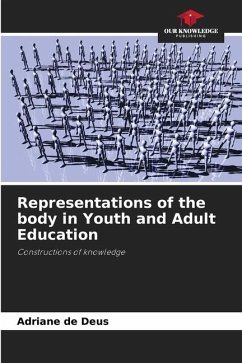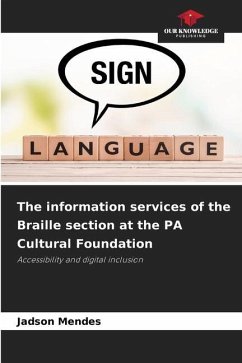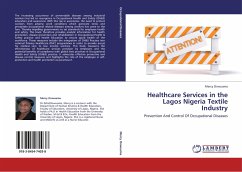
The Cultural Body in Healthcare
in Brazil
Versandkostenfrei!
Versandfertig in 6-10 Tagen
29,99 €
inkl. MwSt.

PAYBACK Punkte
15 °P sammeln!
The search for body modifications through ethnosurgery may be the result of a structural racism that began in the colonial period in Brazil and which left the image of the colonized or enslaved, indigenous or black, as inferior and the colonizer, white, as the ideal model of beauty, power and social distinction. Recognizing the diversity of the globalized world makes the consumption of the cultural body a great paradox. This is because at the same time as modern societies seek to accept differences, they also try to mask them. Therefore, reflecting on the concept of healing within societies en...
The search for body modifications through ethnosurgery may be the result of a structural racism that began in the colonial period in Brazil and which left the image of the colonized or enslaved, indigenous or black, as inferior and the colonizer, white, as the ideal model of beauty, power and social distinction. Recognizing the diversity of the globalized world makes the consumption of the cultural body a great paradox. This is because at the same time as modern societies seek to accept differences, they also try to mask them. Therefore, reflecting on the concept of healing within societies enables new discussions in health, thus creating tools based on listening, dialog, respect for culture, individual experiences, collective representations of the body and exchanges of information between individuals and health professionals. These professionals, whether healing in physiotherapy or shaping the body in physical education, make it possible to transform people's relationships withthemselves, with an emphasis on promoting health and self-care and not just appearance.





